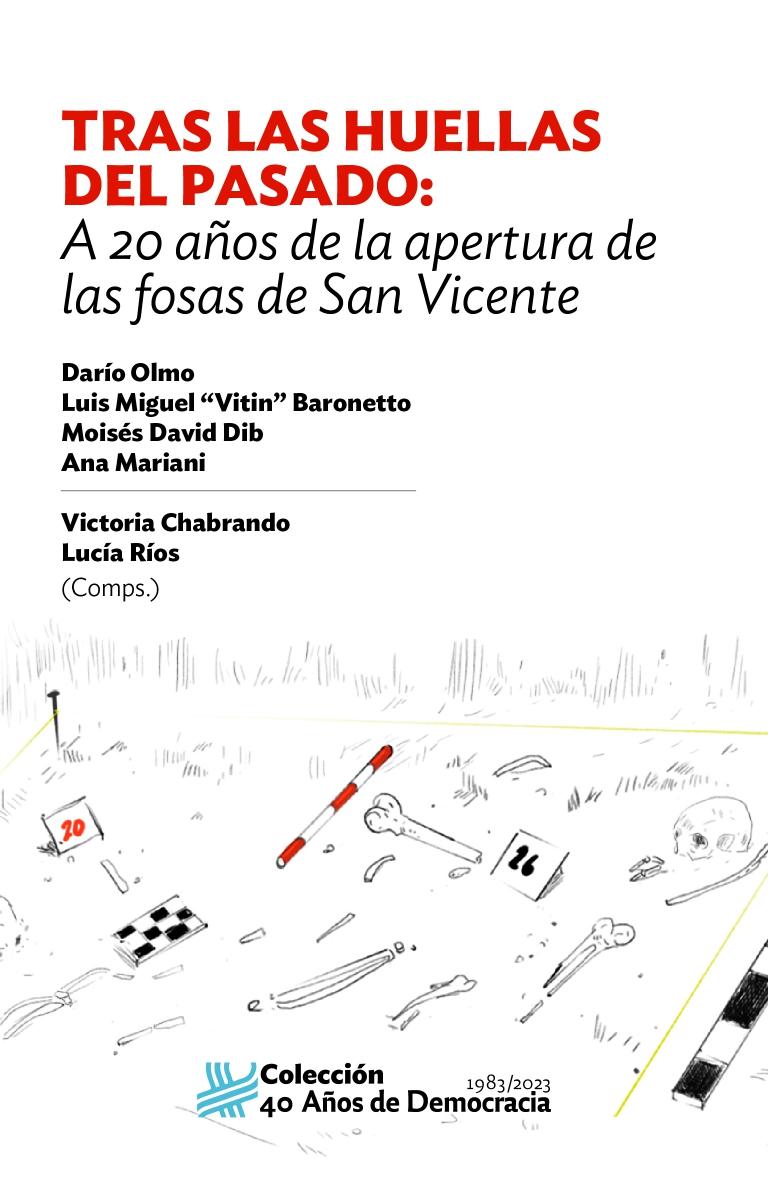Tras las huellas del pasado. A 20 años de la apertura de las fosas de San Vicente
Palabras clave:
derechos humanos, Córdoba (Argentina), terrorismo de Estado, crímenes de lesa humanidad, desapariciones forzadas, desaparecidos, exhumación de cadáveres, identificación de víctimas, antropología forense, memoria, verdad y justicia, Cementerio San Vicente (Córdoba, Argentina), Dictadura militar - 1976-1983, juicios por delitos de lesa humanidad, periodismo y derechos humanos, movimientos sociales y derechos humanos, Universidad Nacional de Córdoba, Equipo Argentino de Antropología Forense (EAAF)Sinopsis
El nuevo rumbo político que tomó la Argentina en y a partir de 2003 fue determinante para la reapertura de los juicios por delitos de Lesa Humanidad que estaban paralizados hasta ese momento, y el descubrimiento de las fosas comunes del Cementerio San Vicente resultó una prueba elocuente de los crímenes cometidos por la dictadura cívico-militar-eclesiástica y un avance fundamental en la lucha por Memoria, Verdad, Justicia. La compilación de textos que traemos aquí representan las voces de experiencias y personas protagonistas de aquella búsqueda, hallazgo, identificaciones. Los escritos ofrecidos reflexionan y conmemoran los acontecimientos que movilizaron a toda la sociedad, a 20 años de la apertura de las fosas del cementerio de San Vicente por parte de miembros en aquel entonces del Equipo Argentino de Antropología Forense (EAAF) y de colaboradores provenientes de diferentes lugares del país y carreras de nuestra Universidad Nacional de Córdoba (UNC).

Descargas
Publicado
Colección
Categorías
Licencia

Esta obra está bajo una licencia internacional Creative Commons Atribución-NoComercial-CompartirIgual 4.0.



























